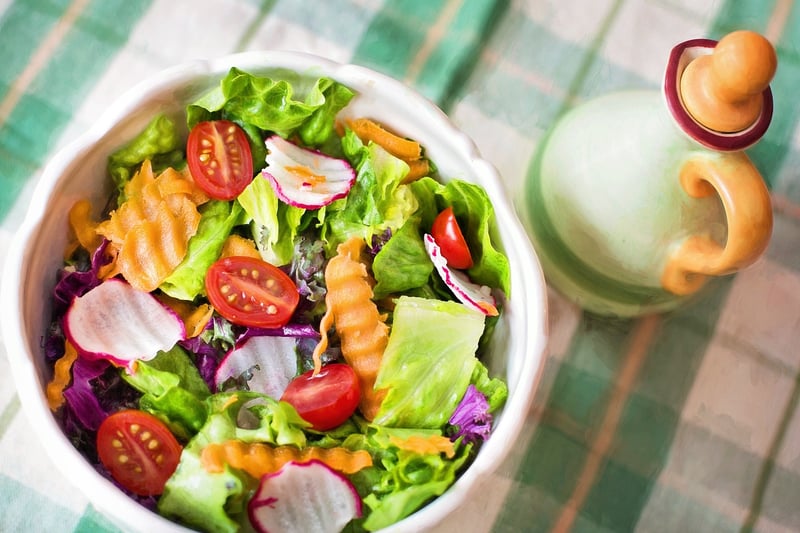Ingredient Substitutions
#Cooking Techniques
#Hacks
#Organization
Master Culinary Basics and Ingredient Substitutions
The Importance of Mastering Culinary Basics
Whether you are a novice cook or a seasoned chef, mastering culinary basics is essential to becoming a proficient cook. Understanding fundamental cooking techniques, knife skills, and cooking methods will not only improve your cooking efficiency but also elevate the flavor and presentation of your dishes.
Key Culinary Basics to Master:
- Knife Skills: Learn how to properly hold and use a knife, practice basic cuts like dicing, mincing, and julienning.
- Cooking Methods: Familiarize yourself with various cooking methods such as sautéing, roasting, grilling, and braising.
- Seasoning: Understand how to balance flavors with salt, acids, herbs, and spices to enhance the taste of your dishes.
- Temperature Control: Master the art of controlling cooking temperatures to achieve the desired doneness of meats, vegetables, and baked goods.
Ingredient Substitutions in Cooking
Running out of a key ingredient while cooking can be frustrating, but knowing the right substitutions can save your dish. Here are some common ingredient substitutions you can use in a pinch:
Common Ingredient Substitutions:
- Buttermilk: Mix 1 cup of milk with 1 tablespoon of lemon juice or white vinegar as a substitute for buttermilk.
- Egg: Use 1 tablespoon of ground flaxseeds mixed with 3 tablespoons of water as a vegan alternative to an egg.
- Tomato Sauce: Replace 1 cup of tomato sauce with 1/2 cup of tomato paste diluted with 1/2 cup of water.
- Garlic: Substitute 1 clove of garlic with 1/8 teaspoon of garlic powder for a milder flavor.
Conclusion
By mastering culinary basics and understanding ingredient substitutions, you can become a more versatile and confident cook in the kitchen. Practice these skills regularly to enhance your cooking abilities and create delicious meals with ease.


